AI and the future of coding: a symphony of innovation
INTRODUCTION
In the ever-evolving landscape of technology, the symbiotic relationship between Artificial Intelligence and the future of coding has emerged as a transformative force, reshaping the way we conceive, develop, and implement software. As we stand at the nexus of human ingenuity and machine intelligence, the implication of this union are profound. AI is not merely a tool for automating mundane coding tasks; it is a catalyst for innovation, augmenting the capabilities of developers and unlocking new realms of creativity. The future of coding is characterized by a harmonious collaboration between human programmers and intelligent algorithms, where AI becomes a co-pilot in the coding journey. From intelligent code completion to adaptive learning system that comprehend intricate programming patterns, the capabilities of AI are revolutionizing the coding landscape. In this era the fusion of human intuition with the analytical prowess of AI promises to propel the field of coding into unprecedented realms of efficiency, creativity, and problem-solving.
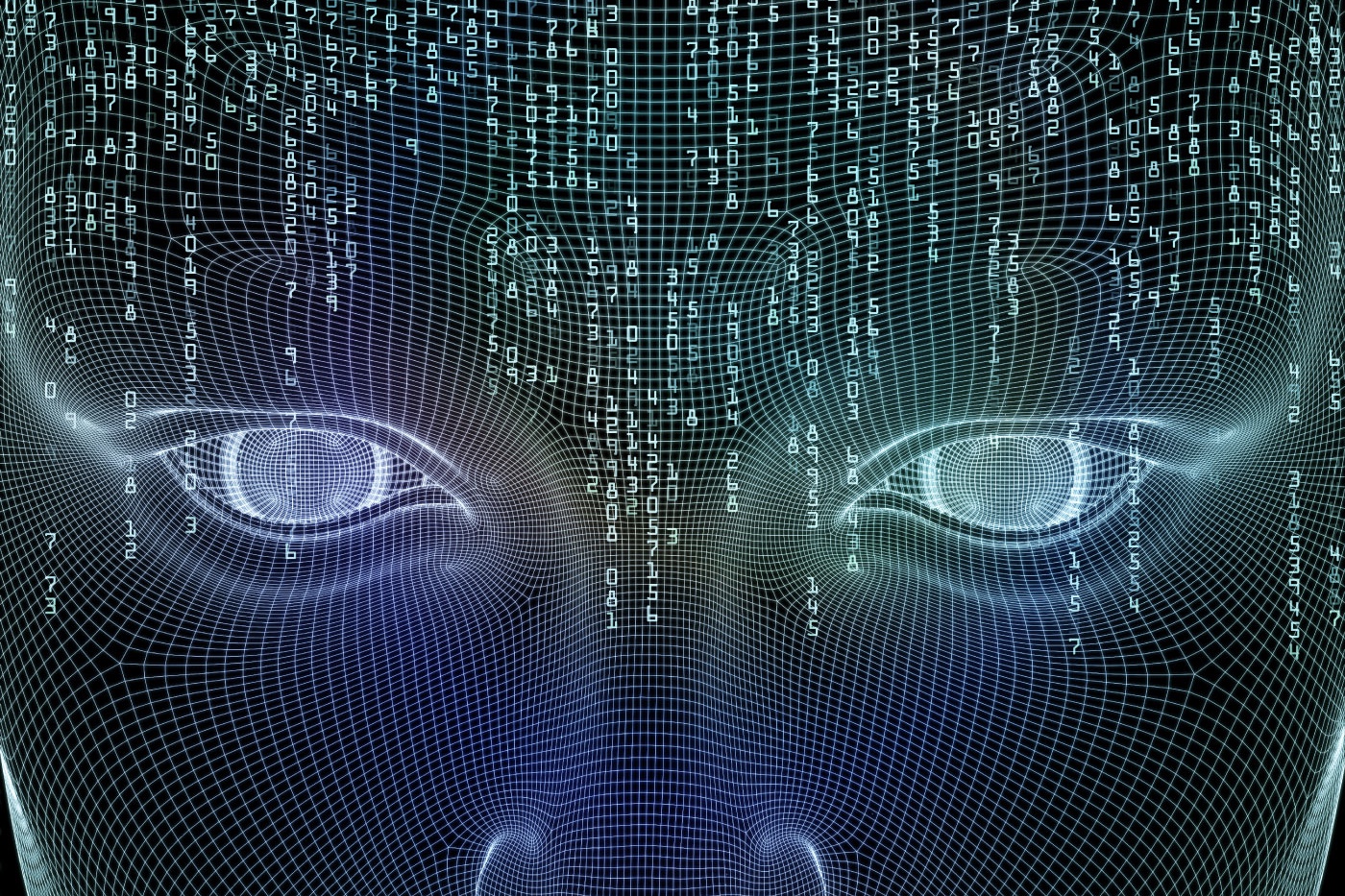
The Rise of AI in Coding
Traditionally coding has been a human-centric endeavor requiring individual with specialized skill to write and maintain software. However, the advent of AI is challenging this paradigm, AI-powered tool are increasingly automating routine coding tasks, streamlining the development process, and enabling faster, more efficient software creation. AI-Driven code completion, for example, has become a standard feature in many Integrated Development Environment (IDE). These tools analyze patterns in existing codebases, offering developers suggestion and and auto-completing code snippets, thereby enhancing productivity and reducing like likelihood of errors. In the dynamic realm of software development, the ascent of AI marks a transformative epoch, particularly in the rise of AI in coding. As technology continually advances, the intersection of AI and coding becomes increasingly pronounced, reshaping traditional paradigm and introducing innovative methodologies.
The integration of intelligent algorithms into the coding process has given rise to a new era where machine not only automates routine tasks but actively contribute to the creative and analytical aspects of software development.
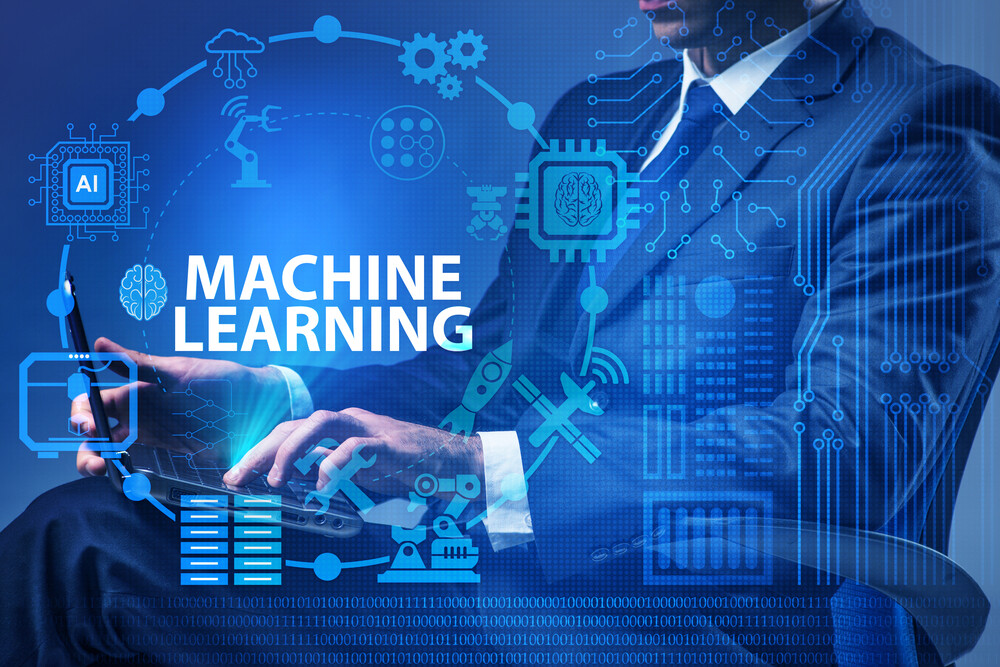
Machine Learning in Software Development
Machine Learning (ML) is a subset of AI is playing a pivotal role in reshaping the future of coding. ML algorithms analyze vast datasets to identify patterns and make predictions, a capability that is particularly valuable in software development. One notable application of ML in coding is predictive maintenance. By analyzing code repositories, ML algorithms can predict potential bugs or vulnerabilities, allowing developers to proactively address issues before they become critical. This proactive approach not only save time and resources but also enhances the overall reliability of software systems. In the ever-evolving landscape of software development the advent of machine learning (ML) has emerged as a game-changer significantly, influencing the trajectory of coding practices. As we navigate the intricate intersection of AI and the future of coding, the role of ML in software development stand out as a pivotal force.
Machine Learning algorithms armed with the ability to analyze patterns, make predictions, and adapt to evolving data are reshaping how developers to create more intelligent adaptive, and efficient applications.
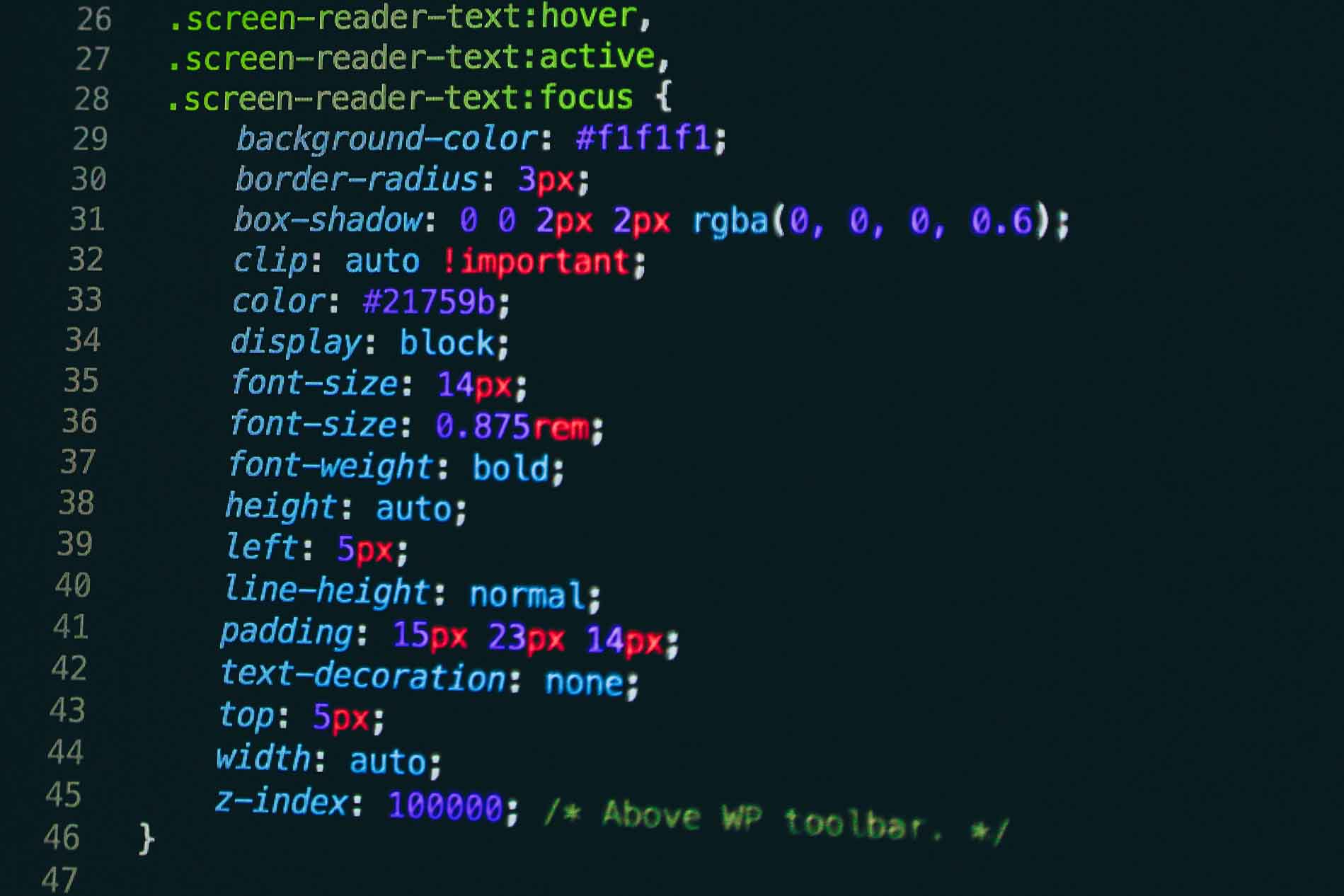
AI Generated Code
The Future of coding is undergoing a paradigm shift with the advent of AI-Generated code, a revolutionary development at the cross-roads of artificial intelligence and software development. As we explore the profound implications this transformative technology in AI and the future of coding, AI generated code represent a seismic leap forward. Gone are the days of labor-intensive programming, as machine learning algorithms now exhibit the capacity to autonomously generate code snippets, functions, and even entire programs. This heralds a new era where developers collaborate with intelligent system, leveraging their ability to comprehend patterns, optimize efficiency, and adapt to evolving project requirements. The integration of AI-generated codes not only expedites the development processes but also prompts a reevaluation of traditional coding practices, emphasizing a collaborative partnership between ingenuity and machine-driven precision.
In this landscape, the future of codes emerges as a dynamic interplay between human creativity and the algorithmic prowess of AI, promising innovation, efficiency, and a transformative evolution in how we conceptualized and implement software solutions.
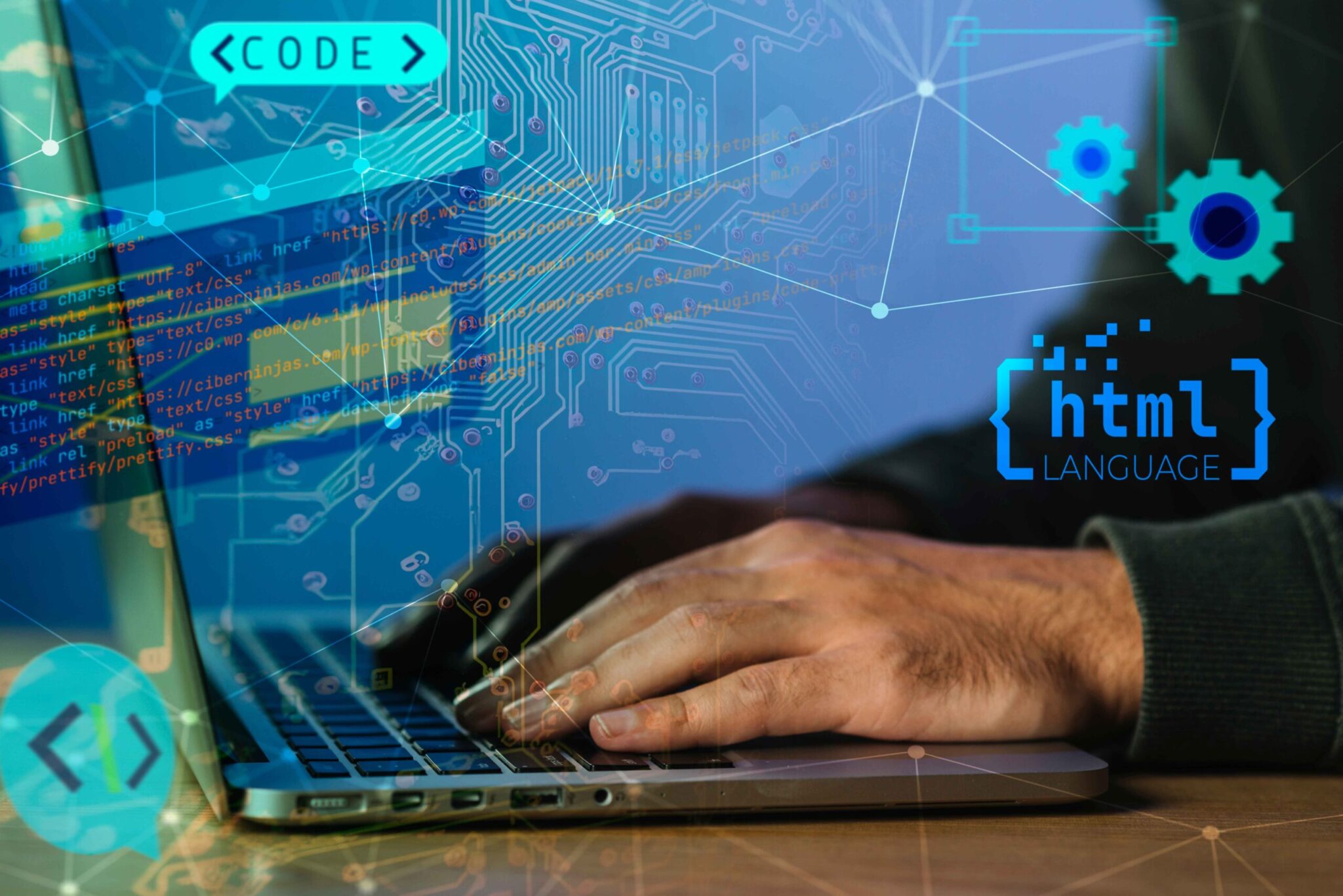
The Ethical Dimensions
As AI becomes more ingrained in the coding landscapes, ethical considerations come to the forefront. Questions about bias in AI models, transparency in decision-making processes, and the potential impact on employment in the software development industry need careful examination. Ensuring that AI tools are trained on diverse datasets to mitigate bias and promoting transparency in how algorithms make coding suggestions are critical steps. Additionally, there is a need for upskilling and reskilling initiatives to empower developers with the knowledge and skills requires to work alongside AI-technologies effectively. In the era of AI and the Future of coding, where technology is advancing at an unprecedented pace, ethical consideration has emerged as a critical focal point in shaping the trajectory of innovation. As we witness the integration of Artificial Intelligence into the fabric of software development, the ethical dimensions surrounding its applications becomes paramount.
The power bestowed upon algorithms and automated system raises profound questions about responsibility, bias, transparency, and the societal impact of AI-Driven coding. Developers find themselves at the crossroads of innovation and ethical stewardship, navigating the delicate balance between technological progress and safe-guarding the well-being of individuals and communities.
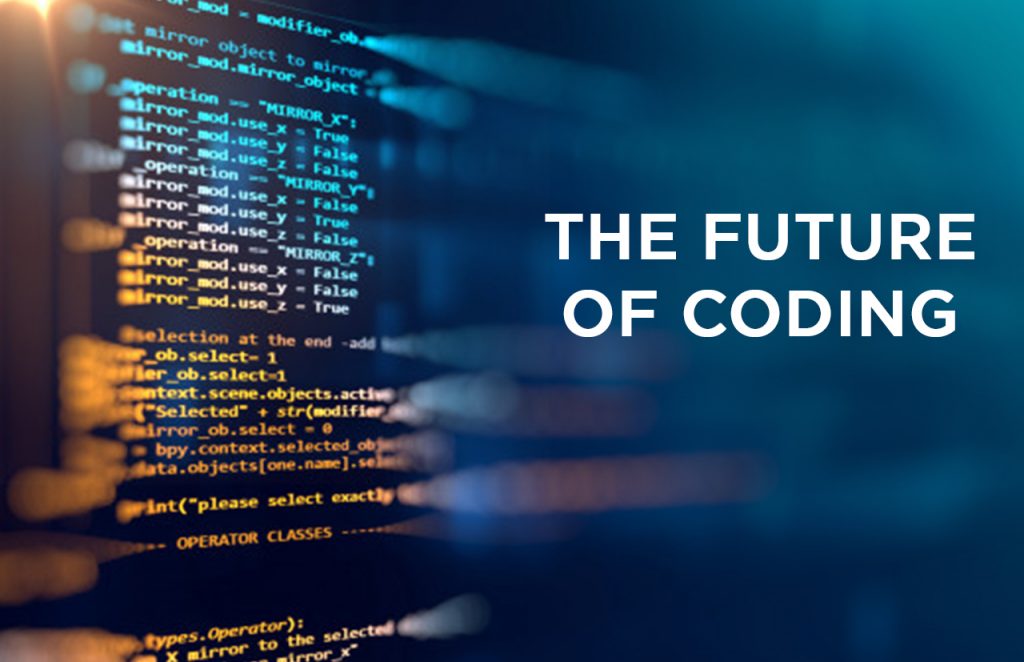
The Collaborative Future
The Future of Coding lies in a harmonious collaboration between humans and AI. Rather than replacing programmers, AI serves as a powerful ally, amplifying human capabilities and creativity. Developers can focus on higher level tasks, problem solving and innovation, while AI handles routines and repetitive coding chores. As we stand at the frontier of AI and the future of coding, a paradigm shift is underways, ushering in a collaborative future where human ingenuity seamlessly intertwines with artificial intelligence. The traditional solitary image of a coder hunched over a keyboard is evolving into a dynamic partnership where machines actively contribute to the coding process. This collaborative synergy extends beyonds mere automation, as AI becomes an indispensable ally, augmenting the creative and problem solving capacities of developers. The future of coding is characterized by shared authorship where intelligent algorithms assist, adapt, and learn alongside human programmers.
This collaboration transcends conventional boundaries, promising an era where the collective intelligence of human and machine converges to unlock unprecedented innovation and efficiency. As coding transform into a point ventures between human creativity and machine precision, the collaborative future in AI heralds an exciting epoch, defining a landscape where the boundaries between programmer and machine blur, paving a way for the new era of software development.



